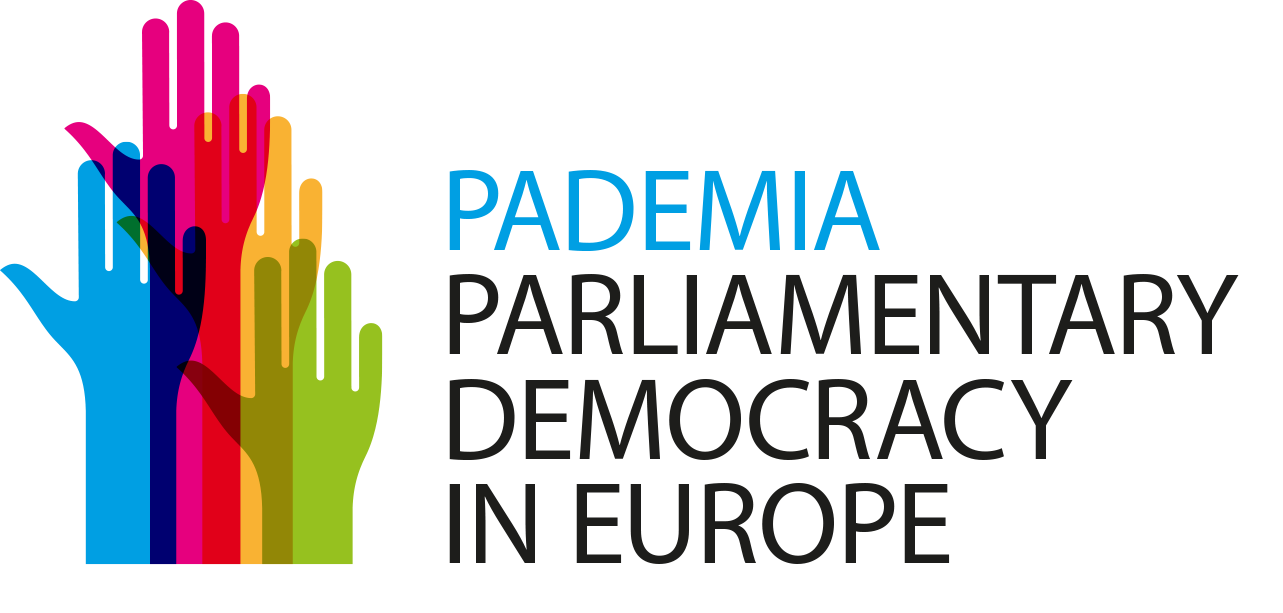The operation of parliamentary democracy in the EU is essentially conditioned by the fact that the EU is a multilevel political system. The powers of the Union remain premised upon those of the member states and, importantly, in many respects the nation-states remain the primary object of political allegiance. At the same time, the dynamics of much EU decision-making eludes the control of individual national parliaments. Hence, the European Parliament (EP) has become ever more involved in EU decision-making. The upshot of this is that as the Union’s powers have expanded the role of the EP and the involvement of national parliaments in Union affairs have been reinforced in parallel. This development has been captured in the Lisbon Treaty (Art. 8A.2) that recognizes that the functioning of the Union is based on two channels of democratic representation: directly through the EP and indirectly through the democratically elected national governments.
This work package aims to underline and clarify the multilevel character of parliamentary democracy in the EU. It combines theoretical-conceptual work with empirical analysis. Theoretically the focus is on exploring the implications of the multilevel parliamentary democracy. A key premise here is that there is no single institution in the EU that embodies parliamentary sovereignty, but rather that this sovereignty is dispersed over the different parliaments at the national and the European level. This raises important questions about how the wills expressed in the different parliaments are aggregated and coordinated. Also it raises questions about how fundamental democratic values – like political equality, collective deliberation and effective public control – are best maintained in the EU.
Empirically, the work package diverts particular attention to the way that inputs from individual parliaments bear upon the multilevel decision-making process of the EU as a whole and, in turn, how the presence of the EU and of other parliaments in the multilevel system re-enters again in the operation of individual parliaments. Of particular interest in this context are the ways that EU parliaments coordinate their work and the instruments that have been devised for that purpose, like COSAC, the early warning mechanism, joint parliamentary meetings, European party summits, national parliaments’ representations at the EP.
Recognizing that the multilevel character of the EU permeates EU parliamentary democracy throughout, this work package is set up as a cross-cutting work package. That way it is to ensure that all project findings are also properly evaluated from the multilevel perspective of the EU’s system of parliamentary democracy as a whole. At the same time, the work package is to facilitate communication between the thematic packages. In practice this means that this work package only involves a limited amount of self-standing activities but that most its work will be attached to the thematic work packages.
